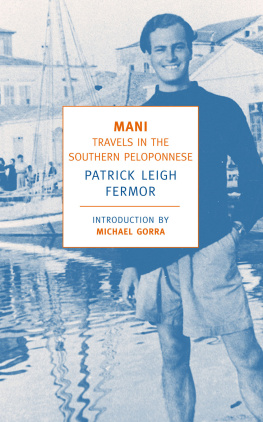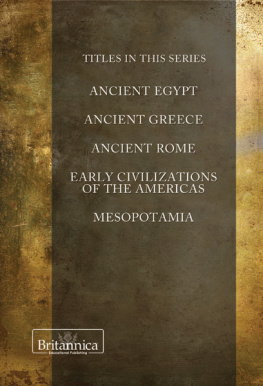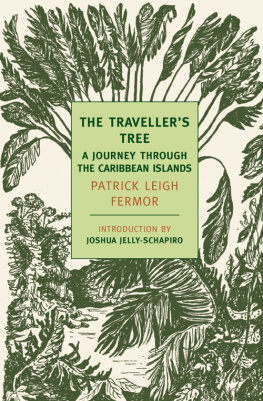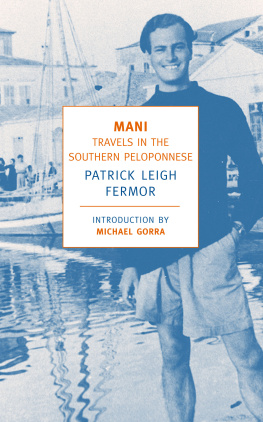Michael Carroll was born in England but spent much of his early life in India. He is the author of From a Persian Tea House and An Island in Greece (both Tauris Parke Paperbacks). He is married with four children and divides his time between Sussex and the Greek islands.
Literary Guides for Travellers
Listed in Fathoms 24 Best Indie Travel Guides
Andalucia by Andrew and Suzanne Edwards
Berlin by Marcel Krueger and Paul Sullivan
Florence and Tuscany by Ted Jones
The French Riviera by Ted Jones
Scotland by Garry Mackenzie
Sicily by Andrew and Suzanne Edwards
Tangier by Josh Shoemake
Venice by Marie-Jos Gransard

Greece
A Literary Guide for Travellers

Michael Carroll

Published in 2017 by
I.B.Tauris & Co. Ltd
London New York
www.ibtauris.com
Copyright 2017 Michael Carroll
The right of Michael Carroll to be identified as the author of this work has been asserted by the author in accordance with the Copyright, Designs and Patents Act 1988.
All rights reserved. Except for brief quotations in a review, this book, or any part thereof, may not be reproduced, stored in or introduced into a retrieval system, or transmitted, in any form or by any means, electronic, mechanical, photocopying, recording or otherwise, without the prior written permission of the publisher.
References to websites were correct at the time of writing.
ISBN: 978 1 78453 380 9
eISBN: 978 1 78672 288 1
ePDF: 978 1 78673 288 0
A full CIP record for this book is available from the British Library
A full CIP record is available from the Library of Congress
Library of Congress Catalog Card Number: available
Typeset by JCS Publishing Services Ltd

Contents
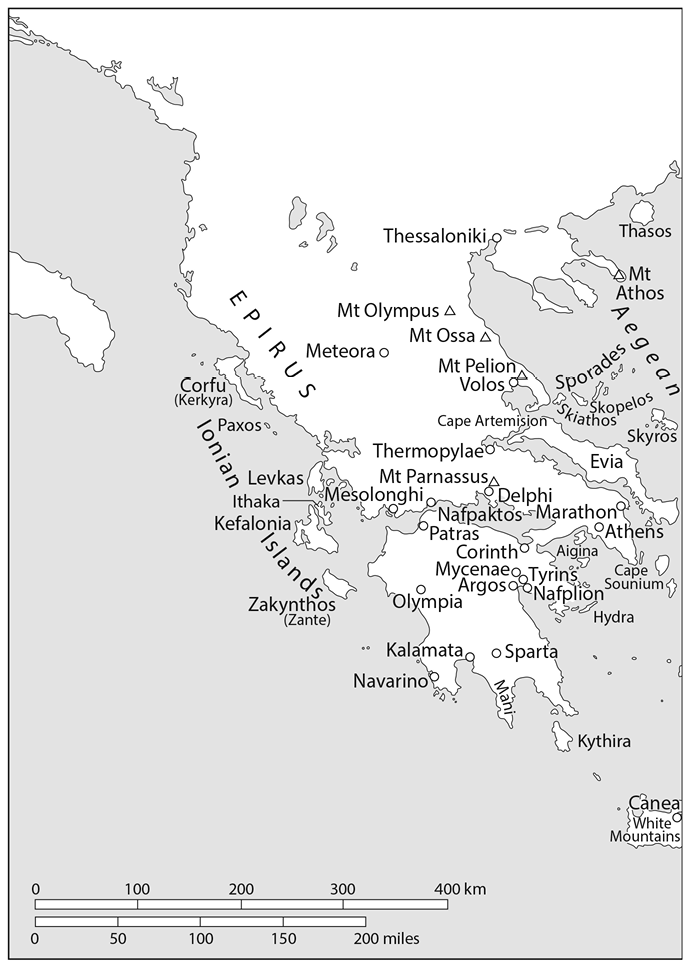
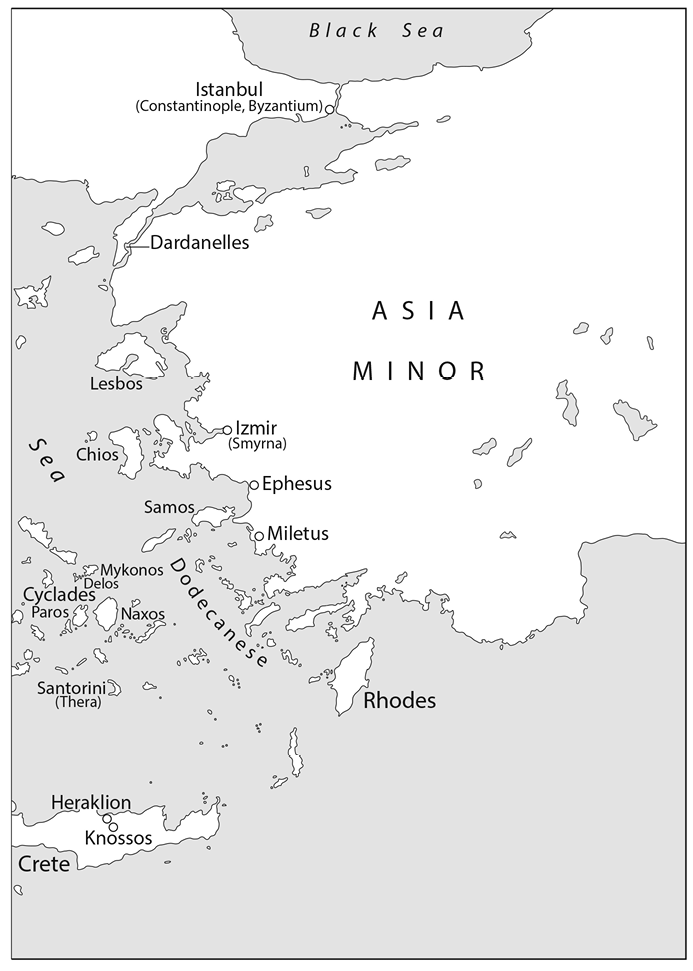

Introduction
A principal source of Western culture and the origin of much of its literature, art, science and philosophy is a small, mountainous sea-girt country in south-eastern Europe. Myths and legends of Greece remain embedded in the unconscious of Western peoples and it is extraordinary that so many of the names of Greek gods, goddesses and heroes, and the sacred places where they were worshipped long ago, still resonate today.
Greece has been called the land of lost gods, and one of the reasons that many of us go there, besides the expectation of sunshine and blue sea, is to make contact with a past we have inherited, that we feel belongs to us. This book aims to help the visitor do just that, by drawing on a wide variety of writers, from ancient times to the present, alike only in their powerful engagement with Greece and their fascination with all things Greek.
Physically, Greece has changed little over the centuries. The rocky, herb-scented mountains still look down on valleys silver-green with olive groves, their slopes scattered with white-walled villages. Thanks to the care and patience of archaeologists, we can walk among the ruins of places famous from long ago; Homers wine-dark sea can still be admired from the shores of numerous islands, from the deck of a ferryboat, yacht or simple caique, or from behind the curtained glass of a speeding hydrofoil.
Greece has the longest written history of any country in Europe. After the classic periods of Athens and Sparta, the famous wars against Persia, the victories of Alexander the Great, came gradual decline. The city-states of Greece became subject to the Roman Empire (which in turn surrendered to Greek culture). Invasions by Slavic tribes were followed by Franks, Venetians and Ottoman Turks; the last two centuries have seen independence from the Ottoman Empire, wars in the Balkans, disaster in Asia Minor, occupation in World War II followed by years of bitter civil strife; the Colonels; and the countrys present economic woes I hope that the voices of the writers quoted in th ese pages will help to bridge the centuries and make for a better understanding of Greeces sensational and often tragic past.
Many of those who came in the last few centuries did so in pursuit of the ideals of artistic perfection achieved in the sculpture, architecture and art of ancient Greece or, inspired by its famous past as the fountainhead of democracy, to help the Greeks fight for freedom from the Ottoman Turks. More recently they came to escape the suffocation of convention, or the eroding tide of materialism, many to learn from Greek ideals of simplicity and moderation, and to acquire that condition of Delphic wisdom the ability to know yourself; some came simply to capture the sense of freedom and exhilaration that being in Greece, like a fever, can bring on.
On this literary journey through Greece most of our companions are British and American, from Lugless Willie of Lanarkshire describing his painefull adventures in the seventeenth century wrecked once again in the Aegean to Mark Twain breaking Greek quarantine laws in his nocturnal bid to visit the Acropolis; from Lawrence Durrell and his brother Gerald and family in Corfu to Edward Lear and Osbert Lancaster as they sketch and paint across mountain and sea; Patrick Leigh Fermor as he dines waist-deep off the beach at Kalamata or captures a German general as a resistance fighter in Crete; Mary Renault making notes at Delphi as The Mask of Apollo forms in her imagination, and Lord Byron as he jokes about dying martially in Missolonghi just before he catches the marsh fever that kills him; and Rupert Brooke, who finds his foreign field on the island of Skyros. And always, powerful in the background, the great poets of old Greece the blind bard Homer, and Archilochus and Sappho; the first historians Herodotus and Thucydides, and the playwrights Aeschylus and Euripides: their voices come clear across the centuries; to all of them we owe so much.
I hope this book will accompany a visitor on his travels, but will equally be enjoyed from an armchair at home. Its aim is to enrich the readers experience of Greece present and past, by seeing the country, temples, towns, seas and mountains through the eyes of writers and travellers whose views from earlier times and in different circumstances can be sometimes provocative and always entertaining.

I am greatly indebted to the many distinguished writers poets, biographers, classicists, art critics whose books I have drawn on so extensively: their names are listed in the Bibliography. I can strongly recommend their works for further reading. I owe Charles Seltman, classicist and art historian, Fellow of Queens College, Cambridge, a special debt for introducing me to Greece. He did this not by taking me there, but simply by talking with such enthusiasm about this country and its people that he loved so much. I was privileged to be one of the undergraduates always welcome to drop in at any time of day at his cottage in Little St Marys Lane. A bottle of retsina was regularly uncorked soon after breakfast, and a tray with little glasses indicated to visitors as soon as they entered. Charles would be sitting in his customary place, upright in an armchair strong enough to take his weight, white-haired and with a goatee beard jutting out from his impressively Silenian features. In a university founded on the teaching of Classics, there was no shortage of dons who admired Greece but their devotion was mainly to Classical Greece and its citizens of two thousand years ago, not modern Greeks, whom many considered inconsequential interlopers whose connections with that distant and sacred past were obscure or non-existent. Charles was different: he liked and admired the Greeks of today.

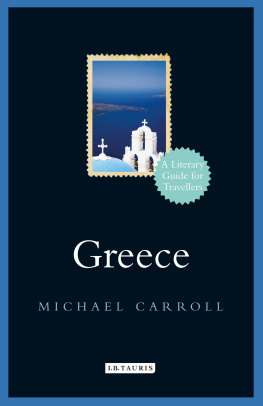

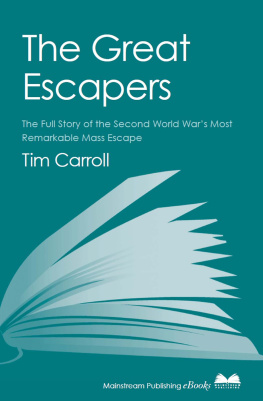

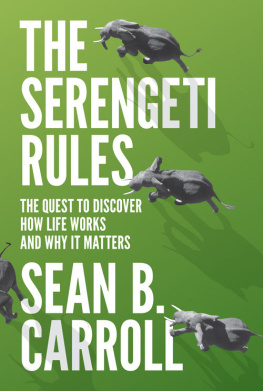
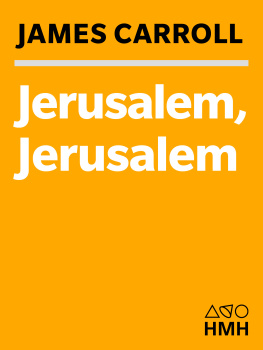
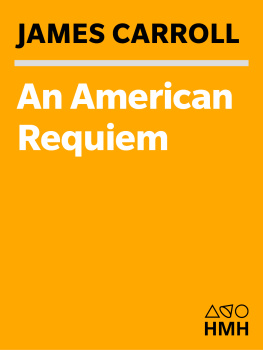
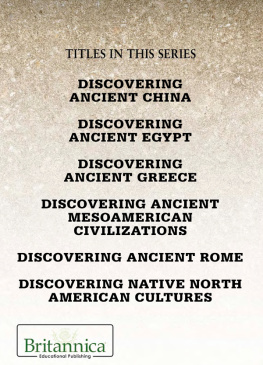

![Greek islands [2018]](/uploads/posts/book/209249/thumbs/greek-islands-2018.jpg)
